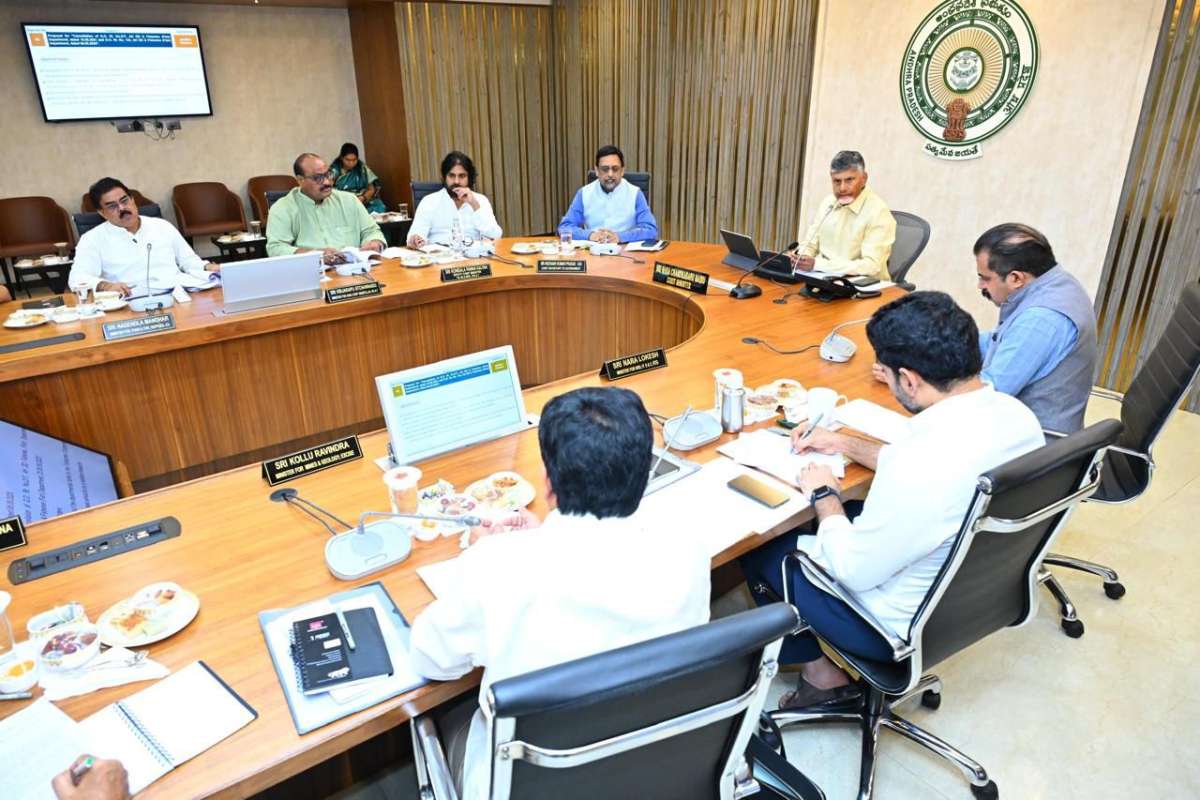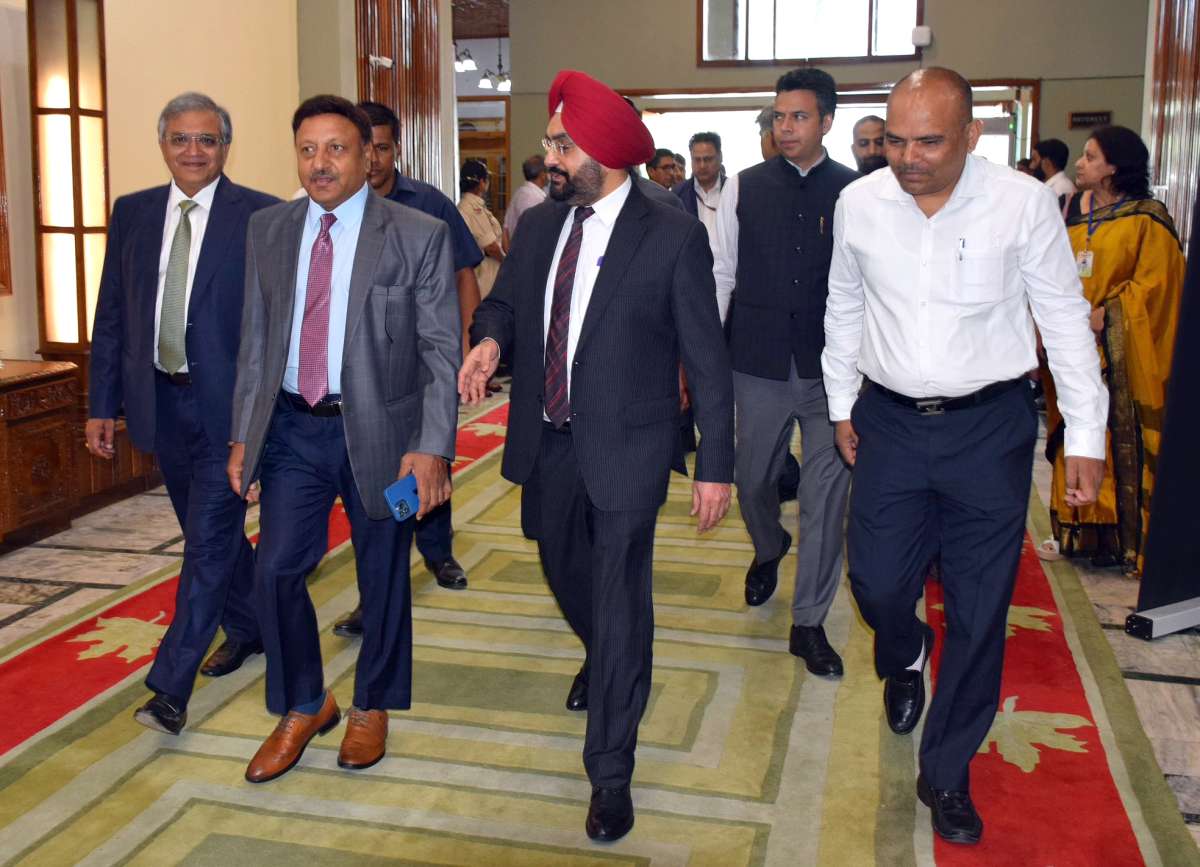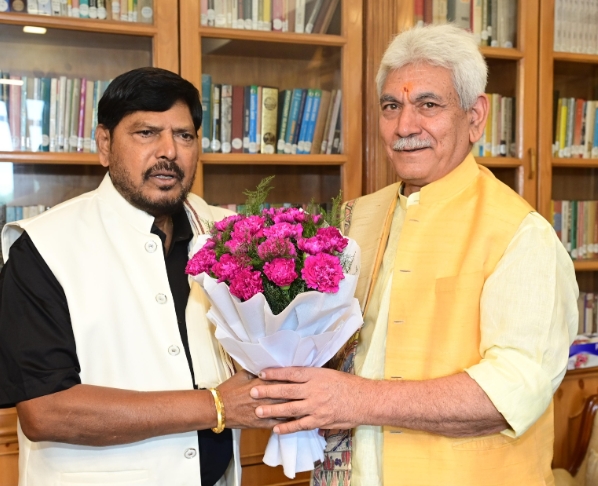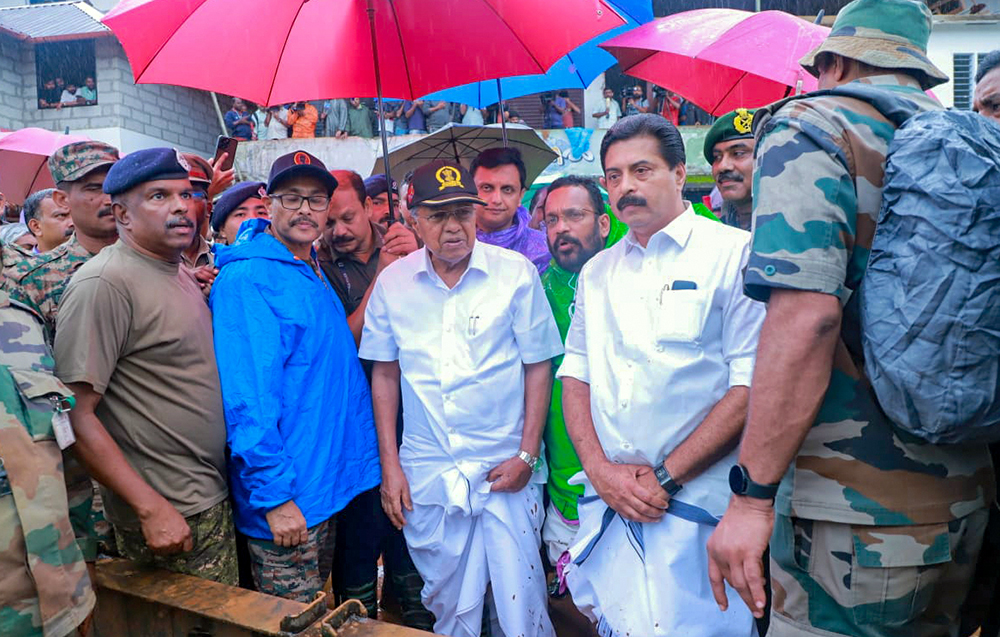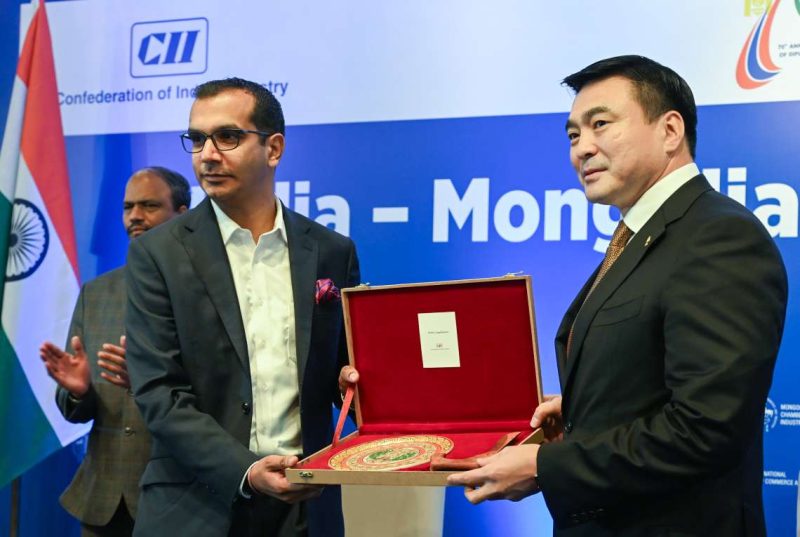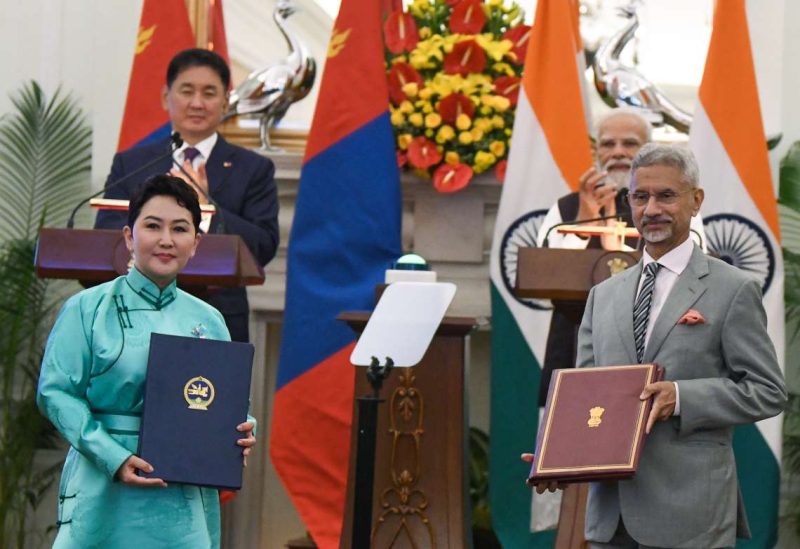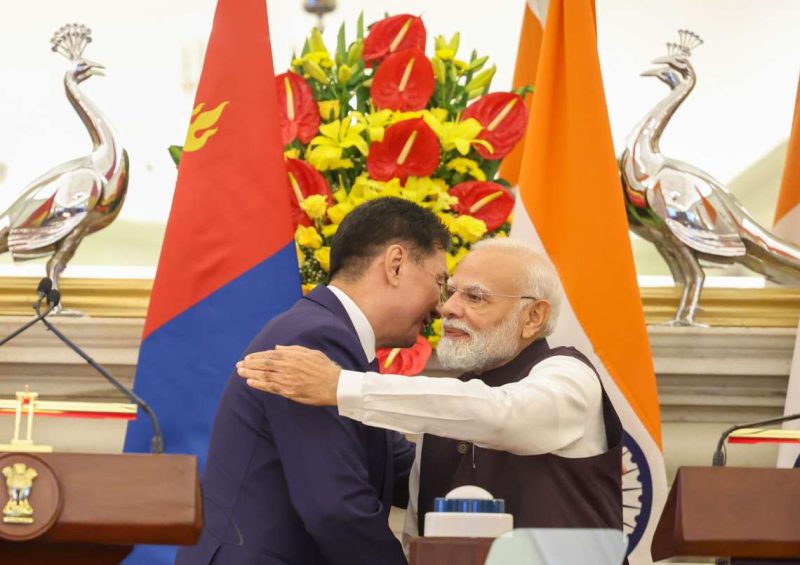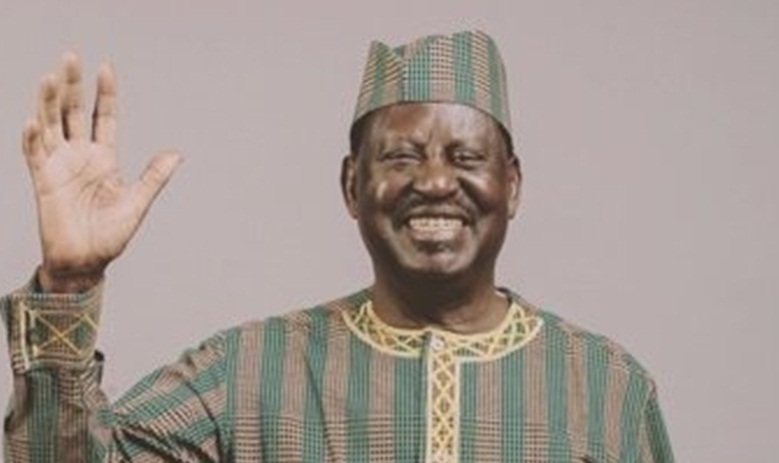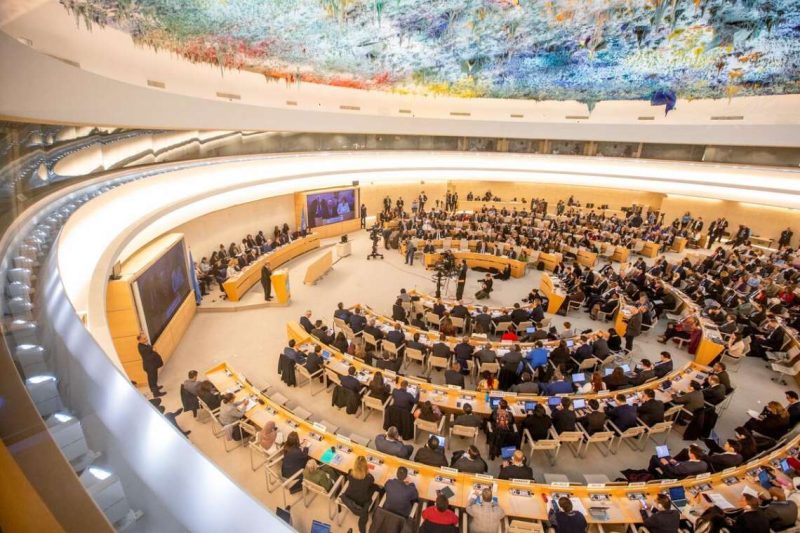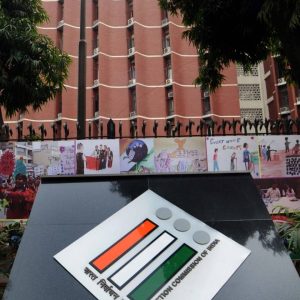Information and Public Relations Minister K. Parthsarathi told the media that the Cabinet took the decision while taking note of the declining fertility rate and keeping in view the social and economic needs, population stabilisation, and population balance…reports Asian Lite News
The Andhra Pradesh government has decided to scrap the two-child norm for contesting local body elections in view of the declining fertility rate in the state.
The decision was taken at the meeting of the state Cabinet, chaired by Chief Minister N. Chandrababu Naidu, on Wednesday.
The Cabinet gave its approval to repeal the amendments made in 1994 to the Andhra Pradesh Municipal Corporation Act 1955 and the Andhra Pradesh Municipalities Act 1965, barring individuals with more than two children from contesting the polls. Individuals with more than two children were barred from contesting in urban local body elections. Although the restriction for Panchayat Raj elections was removed in 2019, it continued to apply to other local bodies.
Information and Public Relations Minister K. Parthsarathi told the media that the Cabinet took the decision while taking note of the declining fertility rate and keeping in view the social and economic needs, population stabilisation, and population balance.
The Cabinet noted that while the national fertility rate is 2.1 per cent, the same in Andhra Pradesh is only 1.5 per cent. Currently, the average male reproductive age in the state is 32.5 years which is likely to go up to 40 by 2047. Similarly, the female reproductive age in the state is now 29 years and this is expected to go up to 38 by 2047. It was noted that the number of people who can contribute to economic development will come down drastically.
It was also revealed that currently 11 per cent of the state’s population is aged above 60 years. This is likely to go up to 19 per cent by 2047. This number at the national level currently stands at 10 per cent and this is likely to increase to 15 per cent by 2015.
In this context, the Cabinet decided to repeal the amendments made in 1994 to bar individuals with more than two children from contesting the polls.
The Cabinet also approved the issuance of new Pattadar passbooks (revenue records) bearing the official emblem of the state and QR codes. These will replace 22 lakh land records distributed by the previous government with then Chief Minister Y. S. Jagan Mohan Reddy’s picture.
The Cabinet also decided to extend the ban on the Communist Party of India-Maoist and the Revolutionary Democratic Front (RDF) by a year as per the Andhra Pradesh Public Security Act, 1992. It decided to implement a new excise policy from October 1.
The minister said quality liquor would be sold at a low price.


